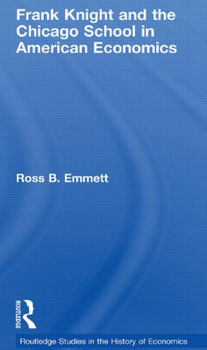
Chelsea F.C. were knocked out of the Champions League last Wednesday. Chelsea had drawn 1-1 with Paris Saint Germain (PSG) in the first leg in Paris. In the second leg, their opponents were reduced to 10 men after the star player, Zlatan Ibrahimovic, was sent off for a challenge on Oscar. Immediately following the challenge it seemed that the remaining outfield Chelsea players surrounded the referee and put pressure on him to issue a red card. Prior to the game the Chelsea manager, Jose Mourino, had claimed that PSG were aggressive in their approach. When Chelsea lost, some TV pundits suggested that it was footballing karma. Some expressed their delight at the result. Others criticised what they felt was Chelsea's gamesmanship.
The Chelsea manager took two of the pundits to task. Mourino wondered aloud if Jamie Carragher and Graham Souness forgot how they themselves had played the game (media reports of his response can be found here and here). Mourino has a point. As players, both Souness and Carragher tended to do what was in the interests of their team rather that what was in the interest of the wider game of football. But that was as players. It is here we can turn to the father of the (old) Chicago School of Economics - Frank Knight. Knight liked to use sport as a metaphor in his work. And, when it came to the driving force of humans as players in a game he said "It is just as in a game where the concrete objective - capturing our opponents' pieces, carrying a ball across a mark, or whatever it may be - is a matter of accident, but to achieve it is for the moment the end and aim of being". While not all players will 'stop at nothing' to win a game, many will break, and most will bend, the rules to ensure victory.
Knight agreed (with Ruskin) that success in the game of business went to the "industrious, resolute, proud, covetous, prompt, methodological, sensible". Successful athletes and sports teams, like Chelsea, have many of these qualities. Knight's list for business success also included "unimaginative, insensitive, and ignorant".
The father of the Chicago School of Economics drew more heavily on the sporting metaphor when he was writing about economics and ethics. In "The Ethics of Competition" he discusses the qualities of a good "game" and why business does not represent a good game. In "Economic Theory and Nationalism" he extends the metaphor to politics. Probably his most comprehensive use of the metaphor of sport is presented in a 1939 essay spread across three issues of Economica. The overall title of the three papers is "Ethics and Economic Reform". In this work, Knight separates the actions of individuals as players at a particular moment in time from those individuals charged with protecting the wider game of politics, business, or sport. Mourino is missing the point when he says Souness and Carragher played in a particular fashion.
Nobel prize winner James M. Buchanan claims that the "new" Chicago School of Economics forgot some of the lessons of Knight and his colleagues. His thoughts on the subject are captured in a series of presentations made in the University of Rochester and available on YouTube (here and here). In particular, he points out the problems of using an efficient market hypothesis when it comes to the issue of public goods. He could probably have added that modern economists could read Knight for an understanding of the role of economics in the wider social game.
[Those interested in a more detailed account of Knight's uses of the sport metaphor should consult Ross Emmett's book pictured above.]
 RSS Feed
RSS Feed